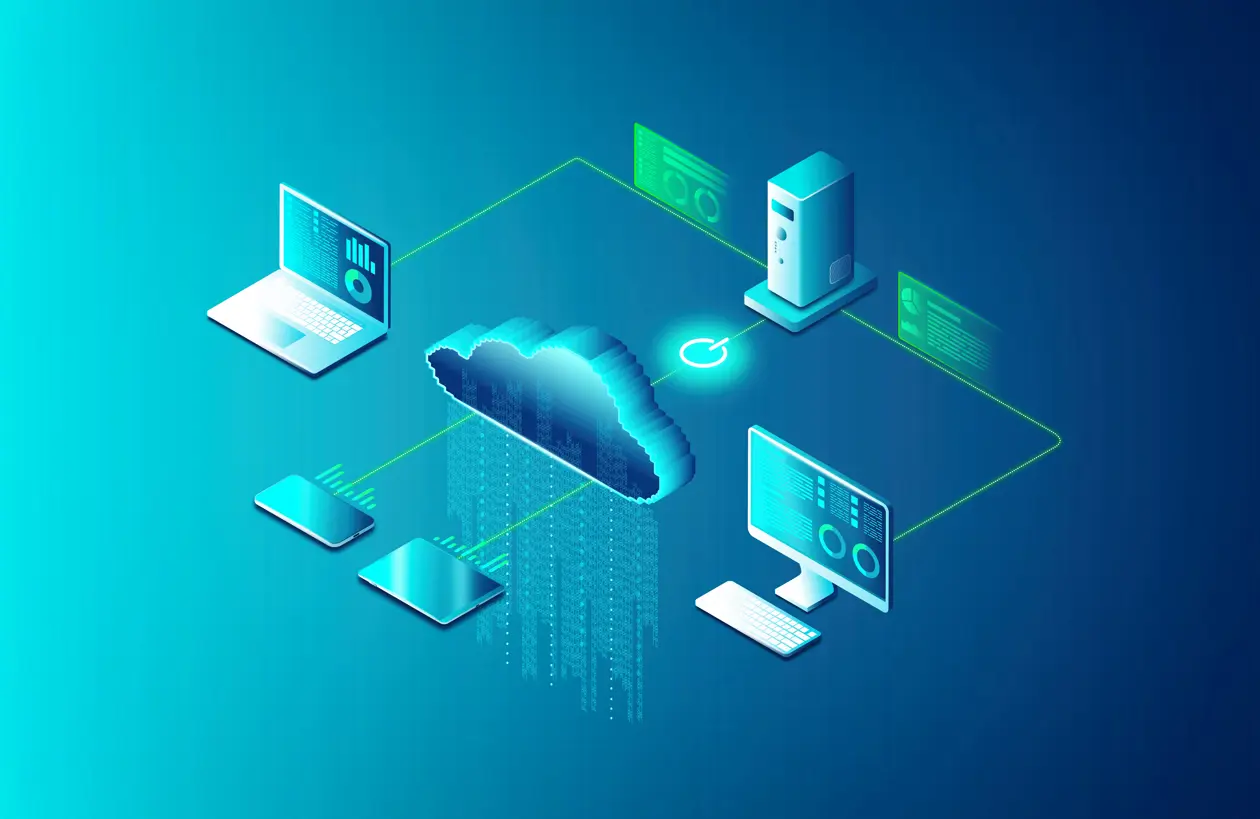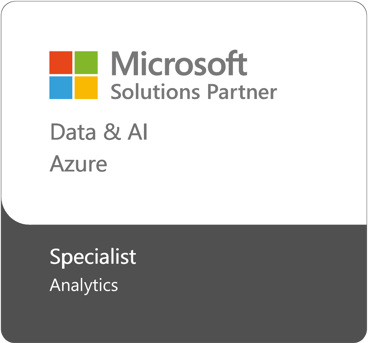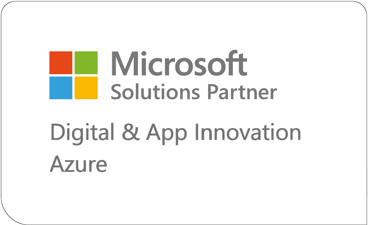Running a CMS: The Real Costs
Explore how important it is to consider the full cost of implementation, training, hosting and maintenance before investing in a CMS for your business.

CMS systems typically involve a monthly licensing fee, but they may also involve many other types of costs that don't seem apparent at first calculation.
It's important to consider the full cost of implementation, training, hosting and maintenance before investing in a CMS for your business.
SaaS CMS systems can be more cost-effective because they include many of the extra costs within the package, rather than charging for each add-on separately.
Content management systems (CMS) help companies build their websites without needing extensive technical knowledge of coding themselves or outsourcing the work. A critical consideration for a CMS system is cost. CMS systems vary widely in cost and the features they offer, and the cost of the software itself is only part of the total cost of these services. Therefore, knowing the full cost of a CMS is essential before deciding which system will work best for your business.
Licenses
The most obvious part of CMS cost is the one-time or monthly licensing fee, which could range from a few dollars a month to hundreds or thousands. However, the monthly licensing fee of a CMS may actually be the smallest part of its cost. Looking at some of the other costs involved can help you to figure out what the true cost might be.
Implementation
To implement your new CMS, you will likely need training from the vendor or the software company, which could range anywhere from hours to weeks. In addition, you may need help to install the system, or migrate your existing content/website, especially if it is your first CMS. The cost would also depend on how complex and difficult it is to use the CMS, and how many people in your organisation need to be trained. An estimate of a few thousand dollars would be a good place to start. Choosing an easier-to-use CMS can be worthwhile even if the up-front cost is higher because of the savings you can realise in implementation costs.
Hosting
The cost for web hosting is separate from your CMS software. If you choose SaaS CMS, hosting will be part of the package cost. However, any other type of CMS will need to be hosted by a third-party host. In relative terms, this is typically only a few dollars a month but could require more training, and time to get up and running.
Your hosting costs may be more if you host multiple sites or have a large amount of data to accommodate. It may also take more time to configure the CMS under these circumstances and get everything to work together.

Maintenance
Like all software, maintaining your CMS is a required part of having one, which involves:
- Regular CMS updates
- Server maintenance
- Security audits & support
- Backup solutions
CMS maintenance is not typically included in the price of the software itself but is extremely important. Without regular CMS maintenance and updates you will be more prone to cyber-attacks, your site crashing, or slow site response times resulting in a bad customer experience (and possibly a bad user experience for your team). You could budget about 20% on top of your CMS package cost for maintenance to ensure minimum downtime for your organisation.
Training
It is possible that someone on your IT staff has the skills to figure out the software and how to use it, but most times, training from the vendor is required for at least one staff member, who may then be able to train others. Besides the cost of this training, you will need to consider the cost of man-hours spent on this training that prevents other work from being done.
Remove the Hidden Costs
As you can see, these hidden costs of a CMS can add up to a significant amount that your financial team may not expect or be able to support over the long.
Using a SaaS CMS package can be a solution to this problem. As a SaaS CMS package includes many of these costs within the initial or monthly package cost, it can be a better overall deal in monetary terms. At the same time, it would be easier for your financial team to budget for the cost of a CMS system. These normally include cloud storage, cloud hosting, installation if needed, mobile accessibility, on-premises CMS integration, external SaaS integration, and maintenance (cloud-based). This was a SaaS CMS not only keeps costs reasonable and predictable, but it also saves considerable time for your staff, since installation is typically plug and play, and support is included.
It can seem attractive to go for the cheapest, most bare-bones content management solution, especially for companies with limited resources or those just getting started with content management and solutions. However, it may end up costing you more in the end when you add in the costs of implementation, training, maintenance, and hosting. If you don't have money to spend on a high-end CMS, you probably don't have time to spend on making it all work, either. However, after careful consideration, a more inclusive SaaS CMS may be the best use of your limited resources to accomplish your content management goals in the context of your overall business plan.
Talk to us to find the right CMS for you.




